The snowy city of Astana has, this week, played host to the latest round of talks aimed at bringing an end to the constant human suffering that has characterised the Syrian conflict. Delegations from the Syrian regime and various armed opposition groups gathered in the Kazakhstani city for two days of negotiations, brokered by a once unlikely three-party alliance consisting of Russia, Turkey and Iran.
After months of strengthening cooperation with regard to Syria and the fight against Daesh (ISIL), Turkey and Russia finally seem to be attempting to reconcile their differences in light of more important priorities. Ankara, which has steadfastly supported the Syrian rebels and called for the removal of President Assad, now finds itself embroiled in a war against terrorism on its own soil. Turkey has faced a series of terror attacks in recent months, committed by both Daesh cells and the Kurdistan Workers Party (PKK). Making progress in Syria is now a political necessity for the controversial President Erdogan, in order for him to maintain his legitimacy as the defender of Turkish security.
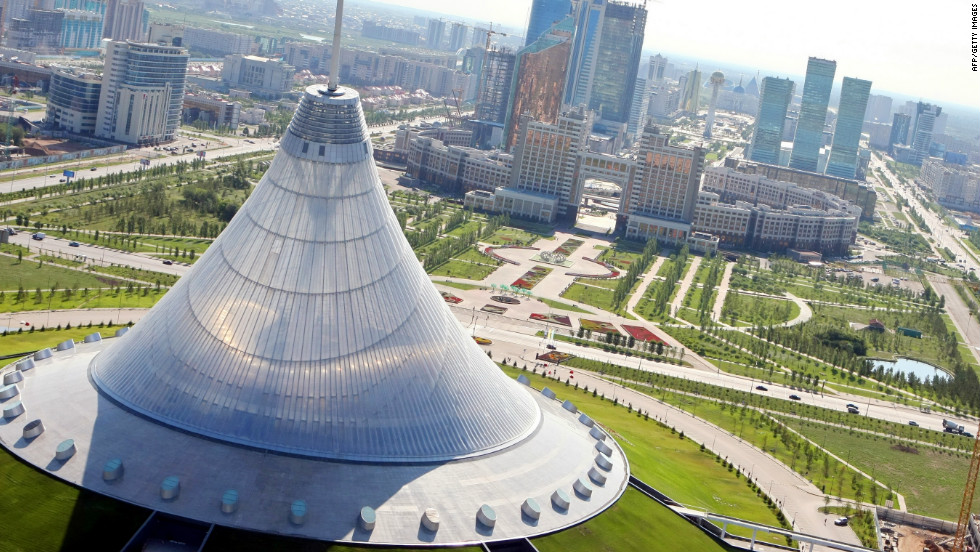 The Kazakhstani city of Astana has played host to the latest round of talks (image: CNN)
The Kazakhstani city of Astana has played host to the latest round of talks (image: CNN)
But the surprising coalition of brokers is not the only thing making these talks different to those which have preceded them. For one, the opposition delegation was made up exclusively of armed groups, marking the first time the rebels have come to the negotiating table without their political counterparts (the political opposition largely consists of exiled Syrian activists). While the main aim of the talks was stated to be upholding the ceasefire that has been shakily in place since December 2016, many are wondering where this leaves the so-far fruitless attempts of the UN to reach a political settlement in Geneva. Russia has insisted that the Astana talks will complement rather than derail the UN process, however, it does beg the question of who will be pulling the strings if and when such a political dialogue resumes.
Moreover, many saw the regime’s victory in Aleppo to be a turning point in the war, with a new set of dynamics emerging on the ground as the main rebel groups lost control of their last urban stronghold. This has undoubtedly bolstered the regime’s military confidence and political bargaining position, whilst possibly forcing the rebels to reassess their demands.
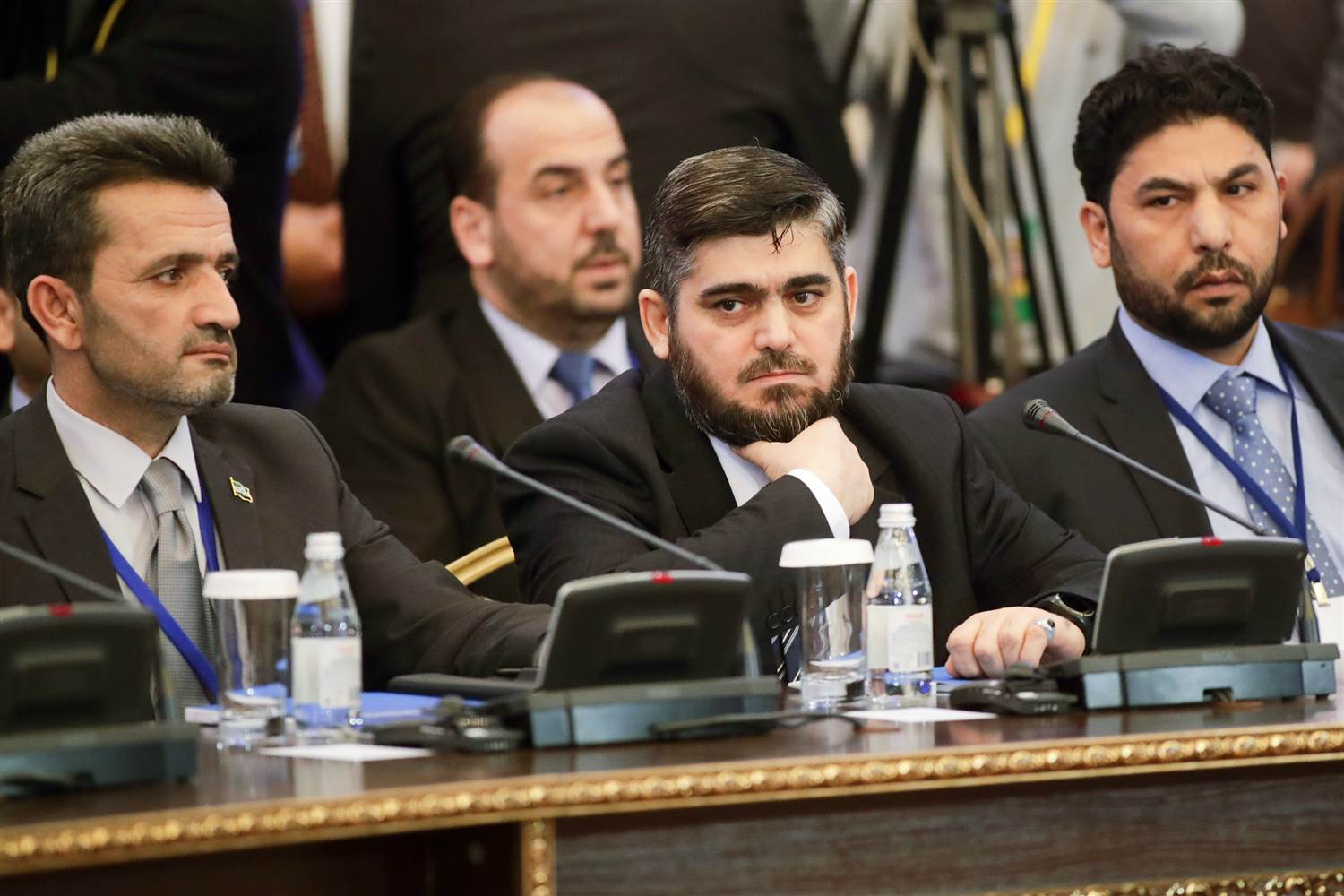 Mohammed Alloush, head of a Syrian opposition delegation, at the talks in Astana (image: NBC News)
Mohammed Alloush, head of a Syrian opposition delegation, at the talks in Astana (image: NBC News)
But while all this appears to set the stage for a new phase in the negotiations, not all sides of the conflict were represented at the talks. Notably missing were Kurdish factions that have proven by far the most effective force in the fight against Daesh in Iraq and, more recently, in northern Syria. This includes the Kurdish Democratic Union Party (PYD) and the US-backed Syrian Democratic Forces (SDF). Their lack of an invitation to Astana is hardly surprising, however, given Turkey’s fears of growing Kurdish autonomy, military strength and territorial expansion.
Also missing were Islamist groups including, of course, Daesh, along with Jabhat Fateh al-Sham (formerly Jabhat al-Nusra), which was until recently Al Qaeda’s affiliate in Syria. While the talks were taking place on Monday and Tuesday, Jabhat Fateh al-Sham launched an assault on rebel positions in north-western Syria, seizing territory from groups represented in Astana. Diplomats have suggested that this might have been intended to weaken the opposition’s bargaining position in the negotiations, although it could also have the opposite effect. An obvious fracture between “extremist” and “moderate” opposition groups serves to discredit the Assad regime’s frequent labeling of the rebels as radicals and terrorists.
Another noteworthy absence was the Gulf States, which have provided key support to the rebels throughout the conflict. This, again, is unsurprising given Iran’s role in facilitating the talks, and is certainly part of an attempt by Teheran to ensure its agenda is not blocked by its Saudi and other Gulf rivals.
 Kurdish forces have played a key role in the fight against Daesh (ISIL) (image: NBC News)
Kurdish forces have played a key role in the fight against Daesh (ISIL) (image: NBC News)
The talks began with each side trading insults and accusations. Both sides accused each other of violating the ceasefire and the opposition – which seemed disorganised, with fifteen different groupings present without a nominated spokesperson – refused to talk face to face with the regime. The first day saw no major breakthrough and disputes reportedly took place over Iran’s role in the conflict, with the rebels demanding the removal of Iranian militias from Syria, to no avail.
But Day Two saw the drawing up of a document stating that Russia, Turkey and Iran would establish a trilateral commission to monitor and enforce the ceasefire. While this, on the face of it, appears to be a success, neither the Syrian government nor the opposition groups present endorsed, nor signed the document. Yet there does seem to be some semblance of a commitment by both sides to participate in revived political dialogue in Geneva this year and to jointly continue the fight against Daesh – although the role of Iran was still heavily disputed.
 Talks in Geneva broke down in early 2016. It is hoped Astana will pave the way for a new round of UN-brokered negotiations (image: Al Jazeera)
Talks in Geneva broke down in early 2016. It is hoped Astana will pave the way for a new round of UN-brokered negotiations (image: Al Jazeera)
What this realistically means for the conflict is yet to be seen. Notably, though, these talks seem to have been as much a negotiation between the three powers that brokered them as between the Syrians themselves.
A recurring theme of all negotiations thus far has been the underlying conflict of interest between the different powers with an interest in Syria’s future. Most recently, for example, Turkey has shown reluctance to hand over territory taken from Daesh to the Syrian government and remains on the side of the rebels with regard to Iran’s involvement. Meanwhile, Iran accuses Turkey of continuing to support terrorist groups by maintaining open borders and providing arms to Islamist opposition forces. All three countries disagree on the future of President Assad, with Turkey insisting he should step down, Iran insisting that he remain, and Russia pragmatically falling somewhere in between. This continued conflict of interest is partly to blame for the lack of a settlement thus far.
Astana has provided a platform for three of the conflict’s major stakeholders to frankly attempt to reconcile their differences, both with each other and with the parties fighting on the ground. This is something the UN, which has focused exclusively on reaching a political settlement between the Syrian regime and its opposition, has never been able to provide. Yet as long as the powers pulling the strings continue to clash, the flow of logistical and military support will not stop and the warring factions will not put down their weapons. Astana therefore, could actually be the breakthrough Syrians need to slow down the violence and bloodshed that has seemed unending since 2011.
 The city of Aleppo has been the focal point of fighting between the Syrian regime and opposition forces in recent months (image: Business Insider)
The city of Aleppo has been the focal point of fighting between the Syrian regime and opposition forces in recent months (image: Business Insider)
There will still be winners and losers. If Turkey succeeds in pushing its agenda, the Kurds will be sidestepped altogether and will likely end up on the defensive as Ankara tries to diminish any Kurdish territorial or political power gained during the conflict. Even more controversially, the UN and Western powers seem to be losing their influence over the negotiation process, as Russia steers control directly out of their hands. The only US representative at Astana was the Ambassador to Kazakhstan, who was invited at the last minute. This might not be seen as a problem by the new Trump administration, which has adopted a clear isolationist stance. But on a global geopolitical level the implications are huge, as a ruthless authoritarian government seems to be taking on the role of the dominant power in the Middle East.
A UN-brokered political solution to the Syrian conflict is still far off, and whether Astana has brought this one step closer remains to be seen. In the meantime, the least we can do is hope that the talks will prove successful in upholding the ceasefire and putting a stop, if only temporarily, to the killing and bloodshed of innocent Syrians.

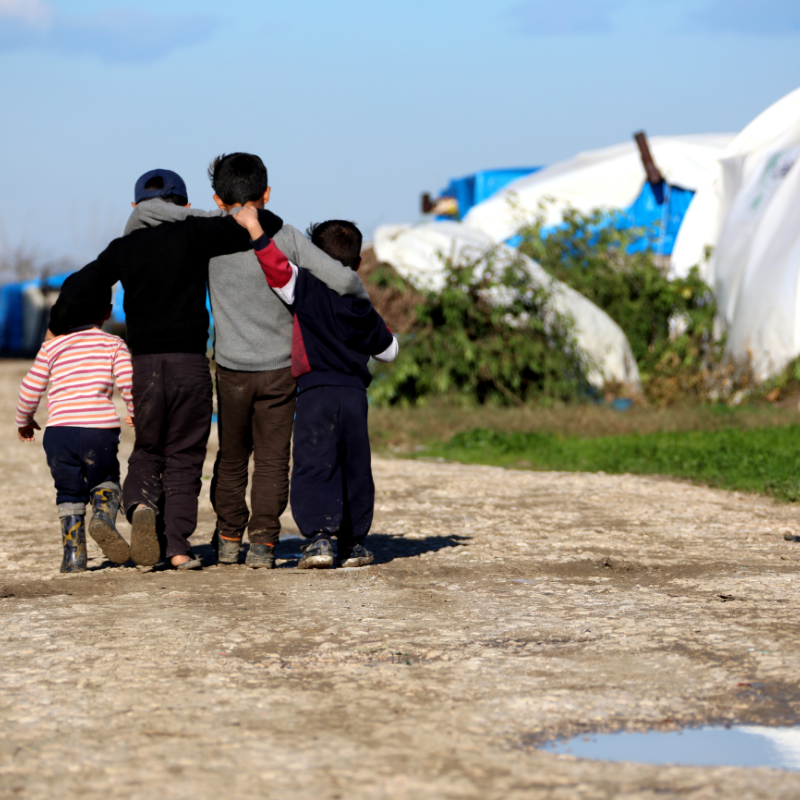
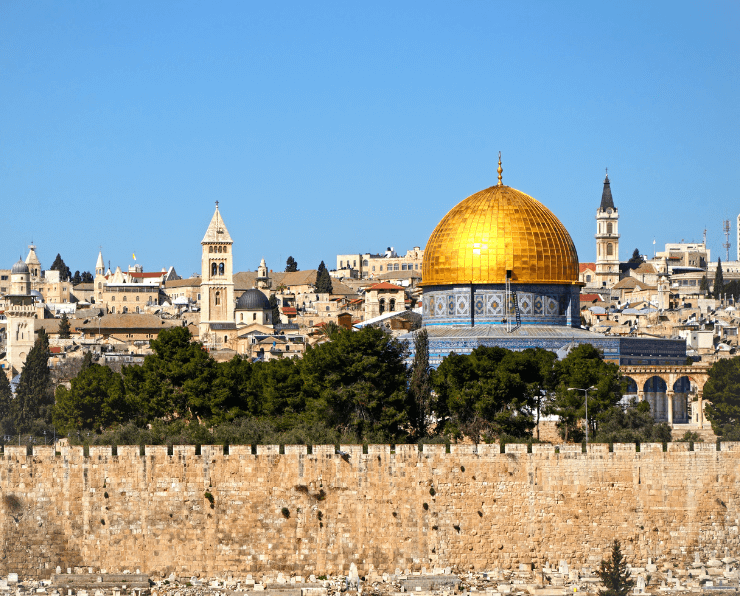
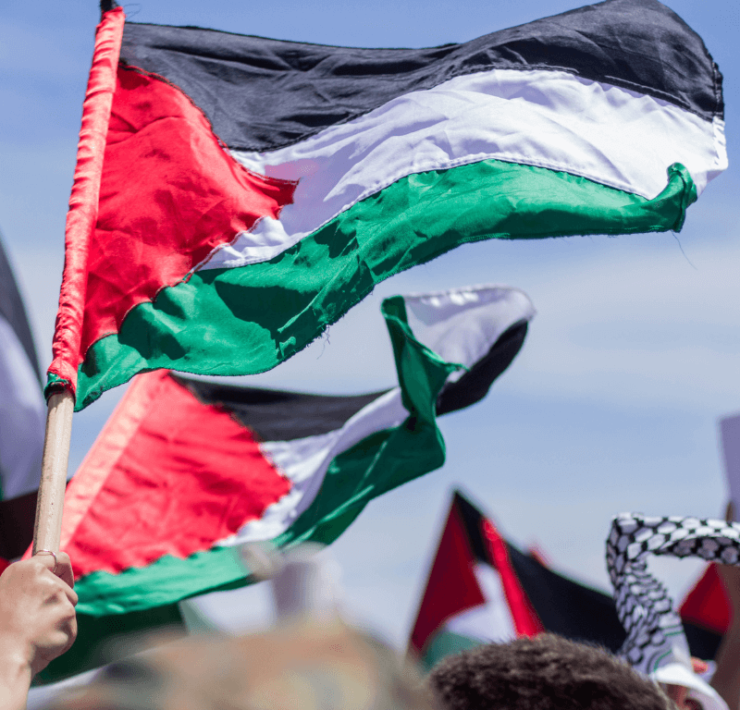

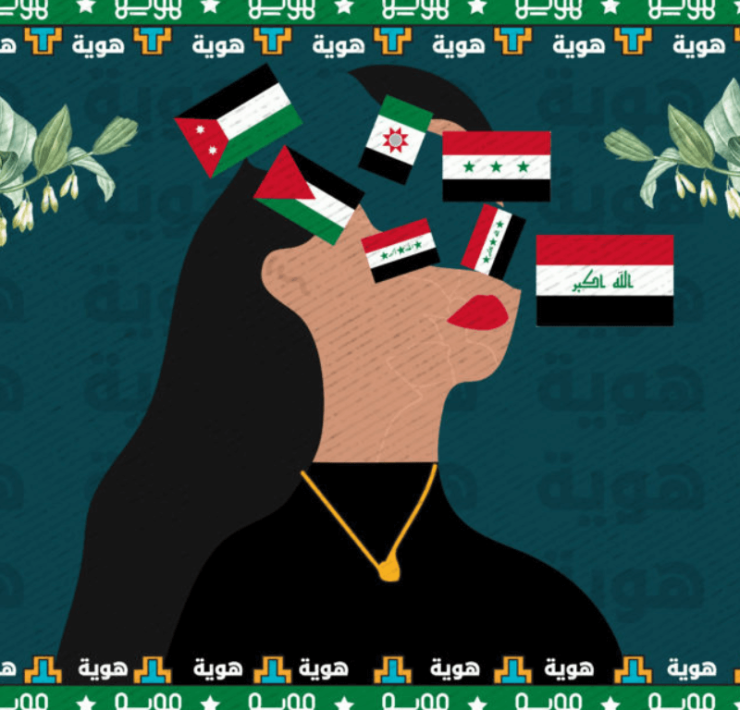

Very nice blog you have heere